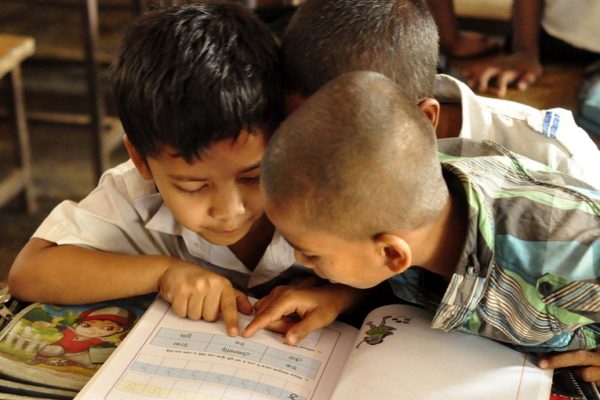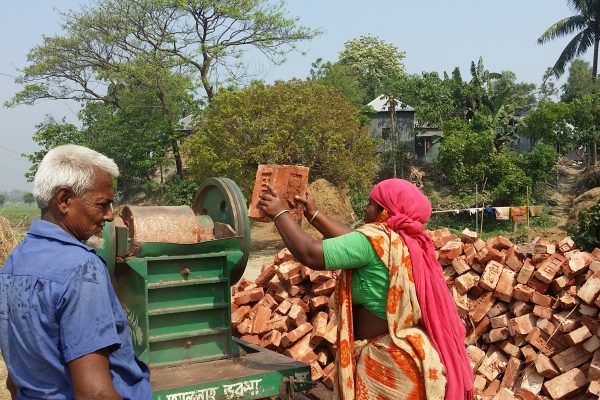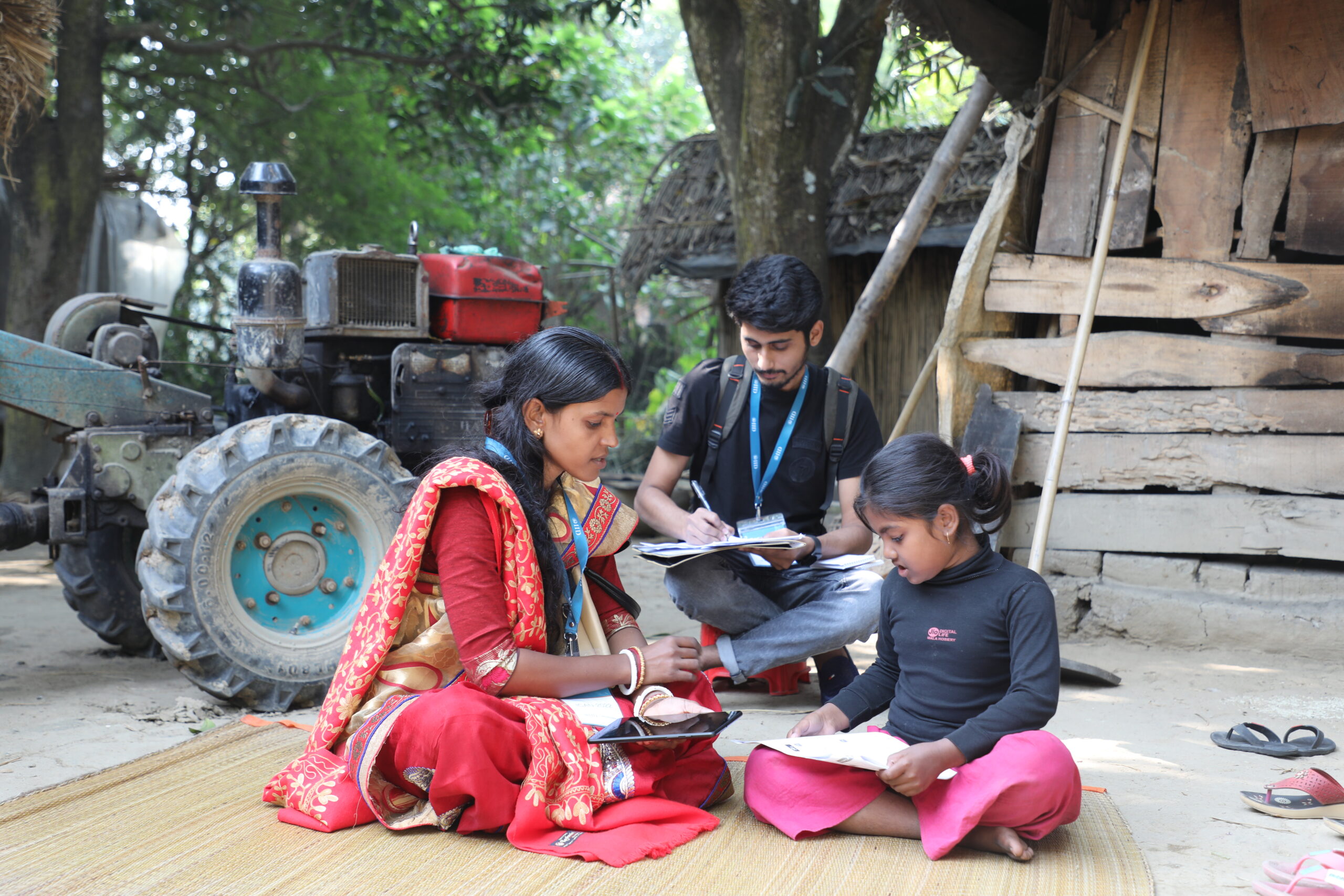IID’s education unit conducted a 5-day-long Rapid Ethnographic Assessment (REA) across three Upazilas of the Gazipur district from 11th-14th October 2021. Conducted on three groups of children aged 3-5, 6-9, and 10-12 years, the goal of the study was to understand both children’s and teachers’ perspectives on the purpose of Learning through Play (LtP).
In partnership with FHI 360 and funded by the LEGO Foundation, this assessment was carried out as part of the Play and Learning in Children’s Eyes (PALICE) initiative, which aims to create two tools: Formative Observation and Reflection Assessment (FORA) – intended for use by teachers as they practice LtP – and the Children’s Experiences of LtP Protocol (CELP) – intended for use by a coach or resource support staff that will capture children’s experiences of learning through play (LtP).
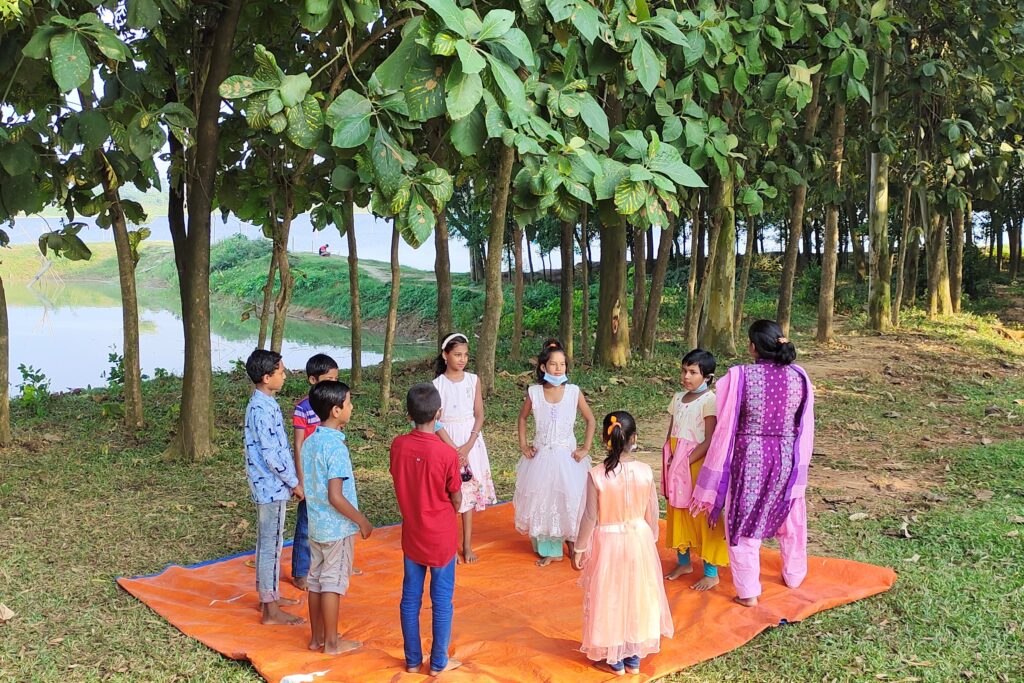
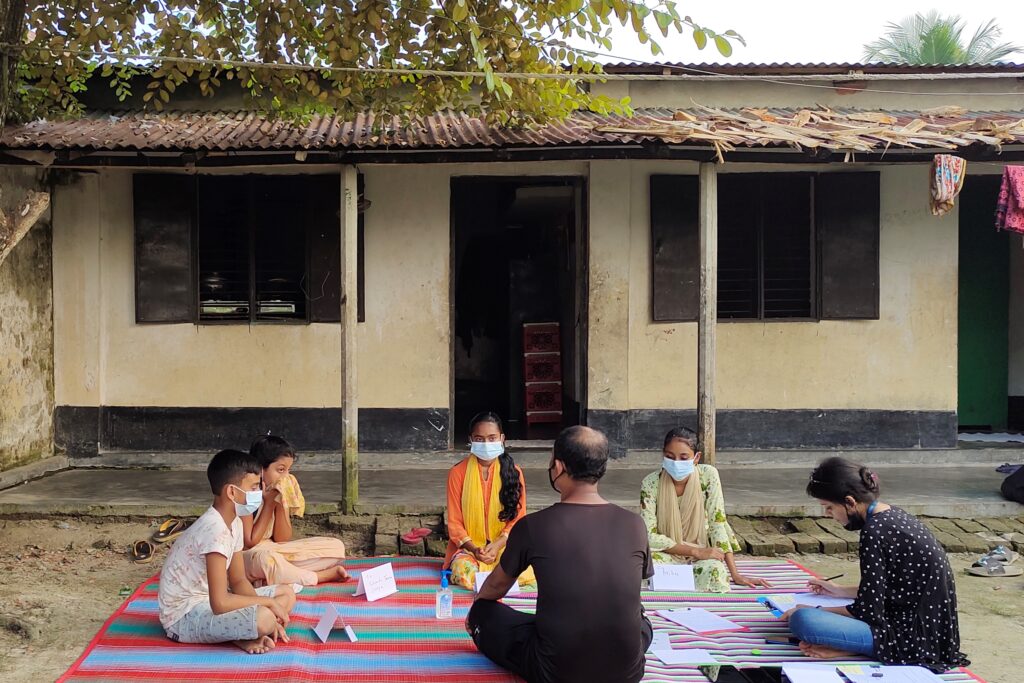
To collect the data for the REA, IID collaborated with BRAC’s community-based Play Lab initiative, which promotes LtP in order to support children’s language, motor, cognitive, and socio-emotional development. The data collection was carried out in community Play Sessions, which is an organized set of play activities conducted in a household or school courtyard with children from a catchment area of a recruited school. The play sessions were facilitated by trained BRAC Play Leaders. The play session was a bespoke creation that was designed specifically for the REA data collection by the play leaders in consultation with BRAC.
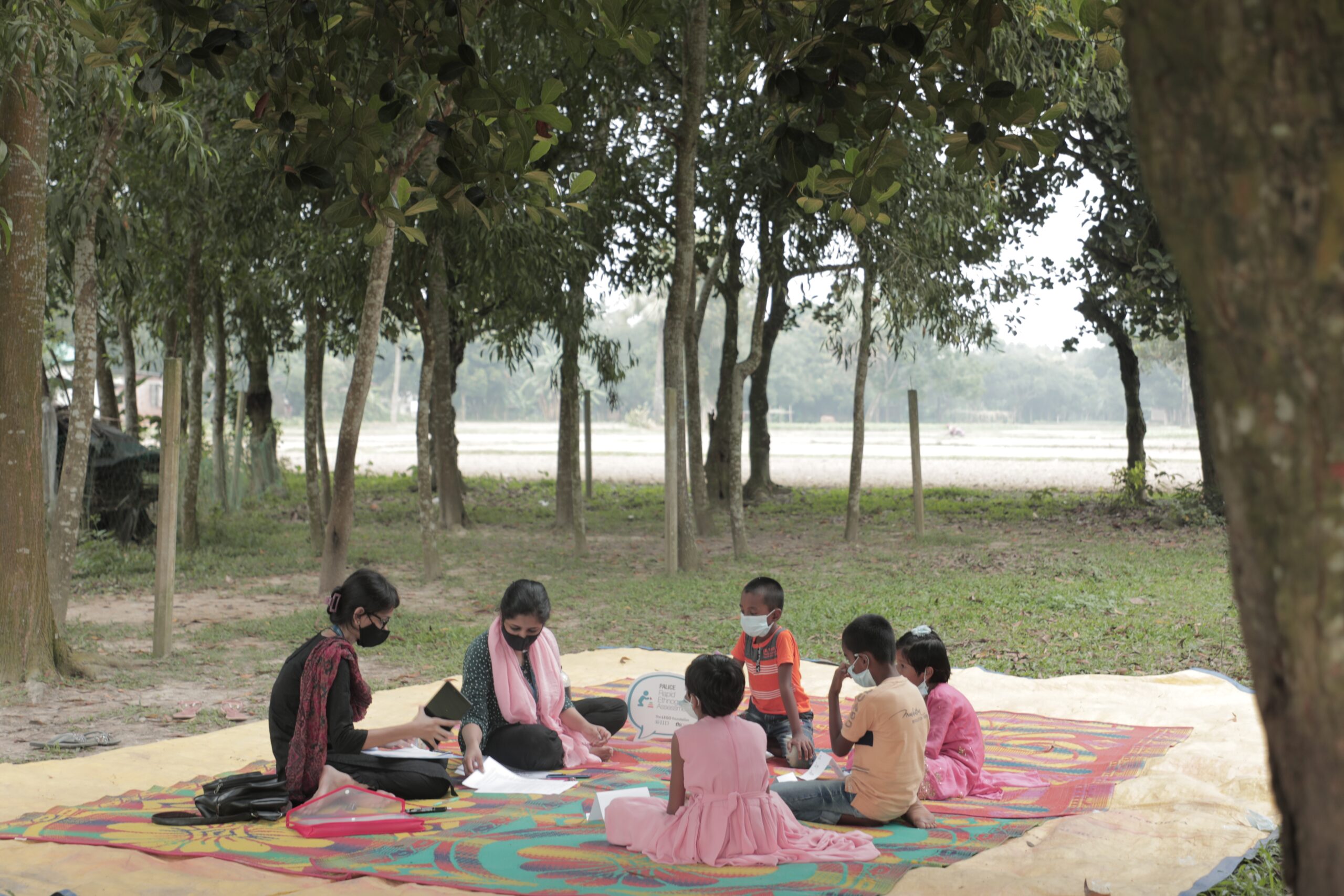
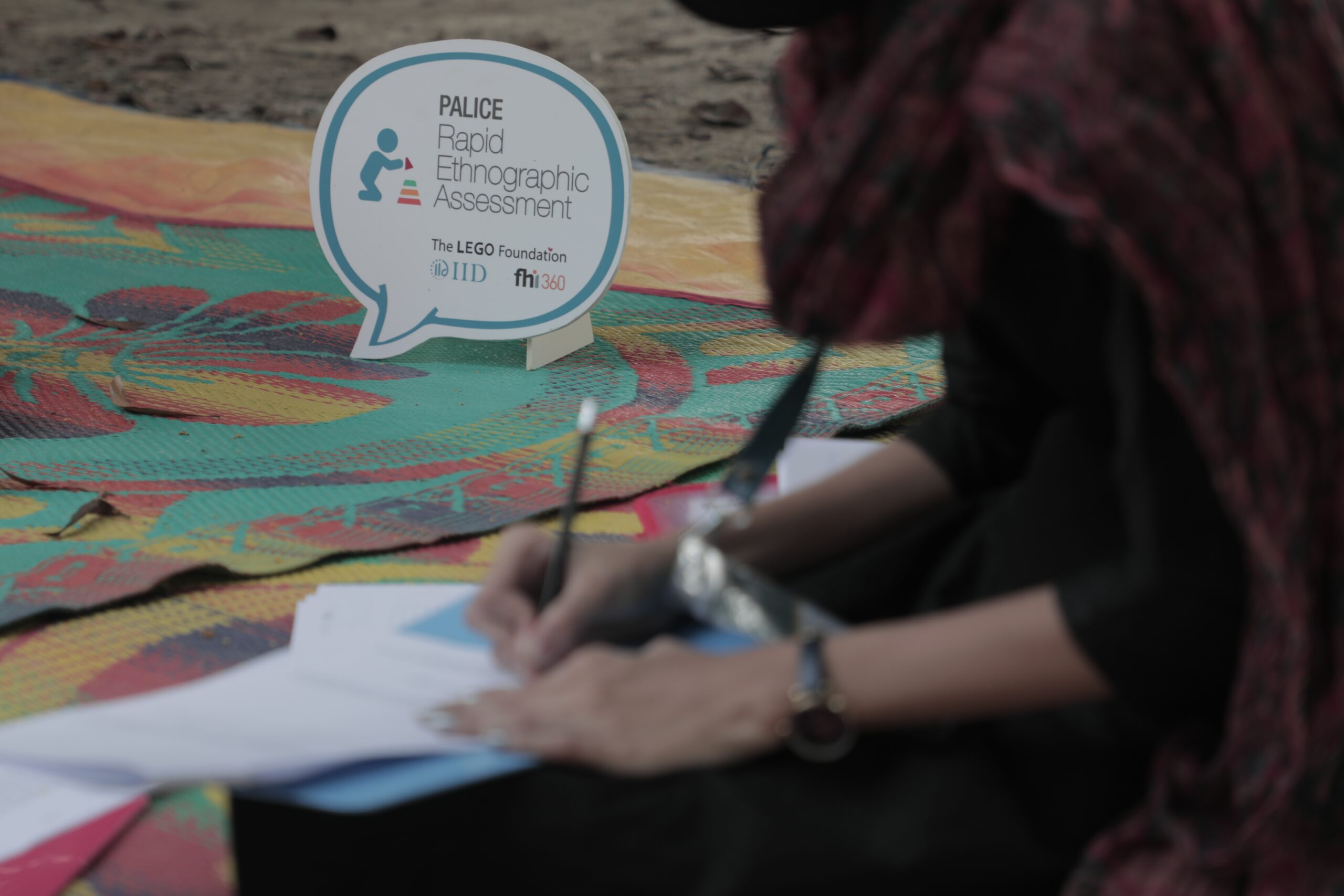
The REA was carried out using Photo Elicitation (PE) as the primary data collection technique. While the play leaders were conducting play activities with the children, the REA team captured the photographs of the children’s activities at pre-determined time intervals. After that, the research team conducted Focus Group Discussions (FGD) with children and conducted in-depth interviews with the designated play leaders using the photographs. A total of 12 Play Leaders and 96 children participated in the REA.
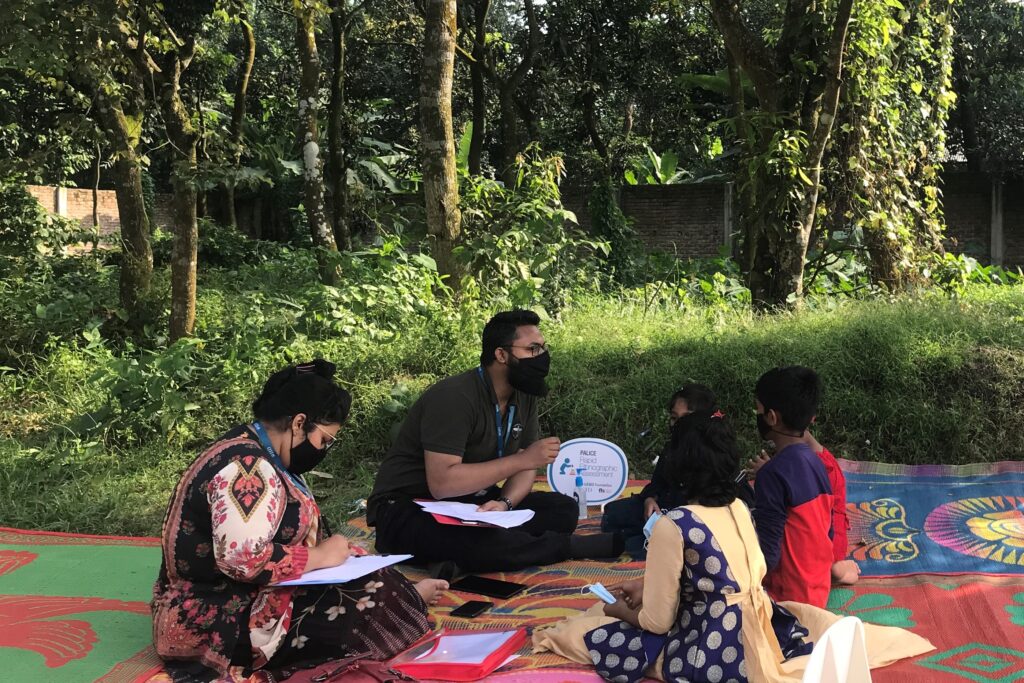
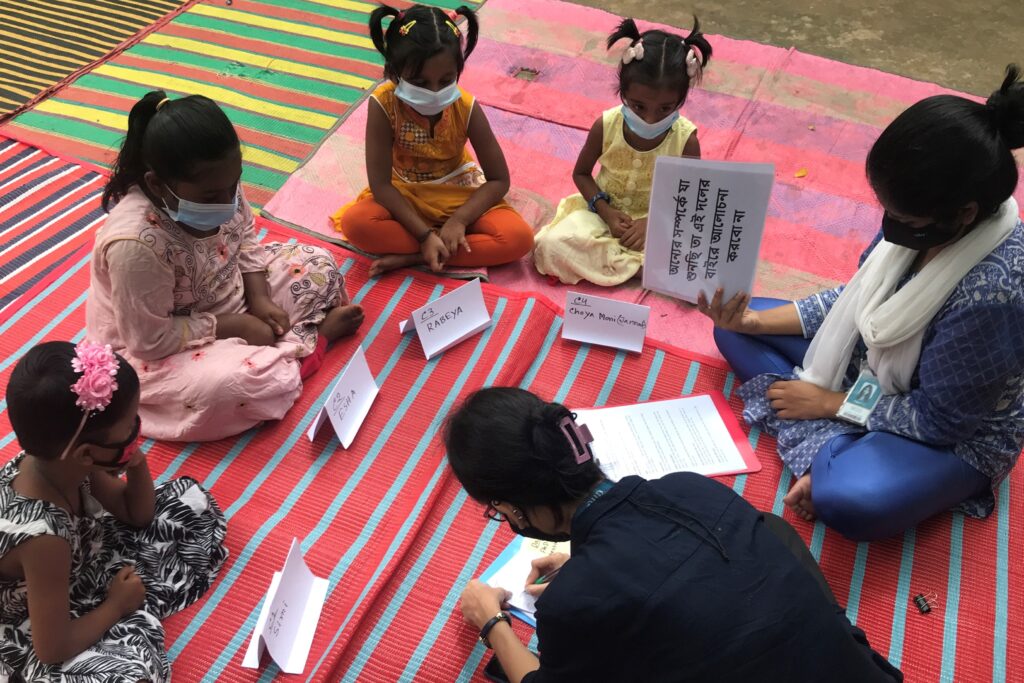
The data gathered through the REA will be used to inform an analysis of the extent to which classroom perceptions and experiences of play align with the content and organizing principles of the current LtP experience tool. This is hoped to result in developing and validating a set of formative tools designed to help teachers in low-and middle-income countries assess and improve their practice in LtP through a deeper understanding of how children experience LtP in their classrooms.
The PALICE initiative is undergoing piloting and validation in Bangladesh, Colombia, and Uganda in developing the tools. The country-specific REA findings will be consolidated to produce a global REA report.

